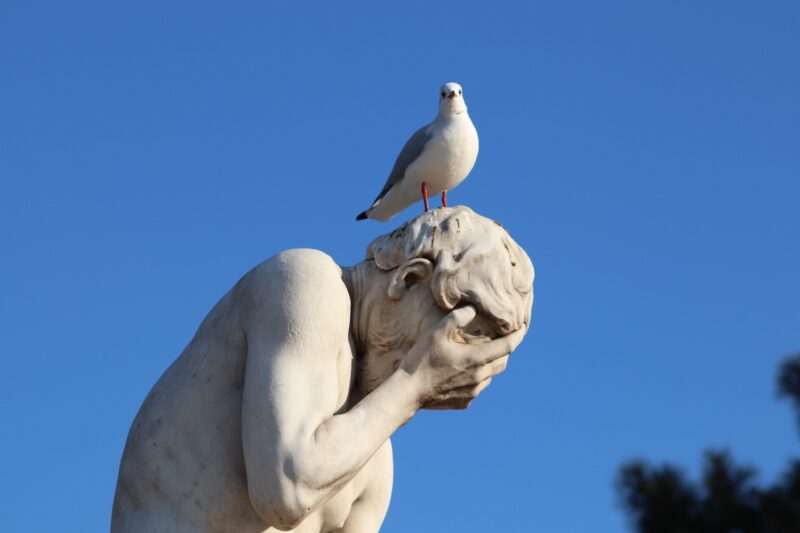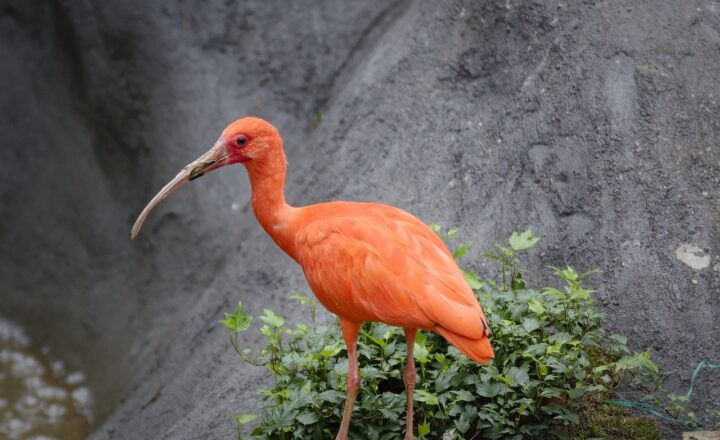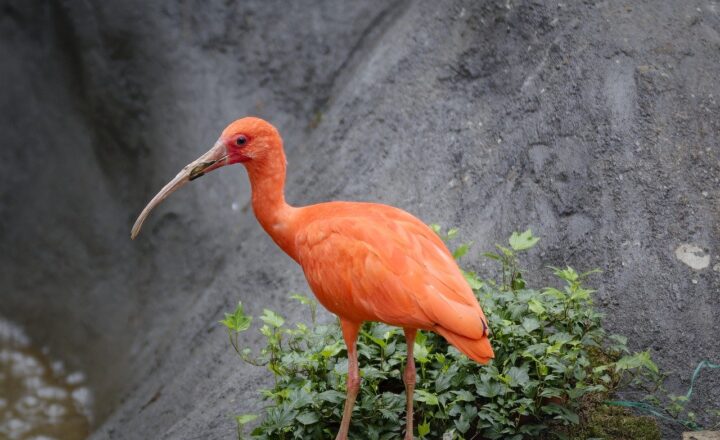The Wild Side of Pets: Unusual Pets That Make Exceptional Companions
November 18, 2024

When you think of pets, the usual choices come to mind: dogs, cats, birds, and perhaps hamsters or fish. However, as pet ownership has evolved, more people are embracing unconventional pets that come with exotic charm and unique companionship. From reptiles to insects, unusual pets can offer fascinating experiences for their owners. In this article, we’ll take a closer look at some of these extraordinary companions and what it takes to care for them, helping you understand why they are becoming more popular.
1. The Allure of Unusual Pets
As society continues to explore different dimensions of companionship, unusual pets are stepping into the spotlight. These creatures can offer unique interactions that traditional pets may not provide. People are increasingly drawn to the idea of having a pet that is not only different but also allows them to connect with nature in a different way. One of the main attractions of exotic pets is their exoticism; they offer a way to experience biodiversity in your own home.
Some benefits of owning unconventional pets include:
- Distinct Personalities: Many exotic pets have unique characteristics and behaviors that can be both entertaining and rewarding to witness.
- Low Maintenance: Many uncommon pets require less daily care compared to traditional pets, making them suitable for busy lifestyles.
- Educational Opportunities: Owning an unusual pet can inspire a greater appreciation of wildlife and ecosystems, promoting conservation awareness in owners and their families.
2. Top Unusual Pets That Make Great Companions
In this segment, we’ll explore some fascinating examples of unusual pets that can add excitement to your life:
a. Hedgehogs
Hedgehogs are charming little creatures known for their playful demeanor and ability to curl into a ball. They are nocturnal, making them active companions during the evenings. Though they require specific care, including a proper diet and habitat, hedgehogs can become affectionate pets that are generally easy to handle once accustomed to their owners.
b. Sugar Gliders
Sugar gliders are small marsupials that enjoy gliding through spaces, making for quite the entertaining experience. These social animals thrive on companionship, so owning more than one is often recommended. They require a spacious cage and a balanced diet, but they reward their owners with affectionate behavior and playful antics.
c. Tarantulas
The idea of a tarantula as a pet can be alarming, but these spiders are relatively low-maintenance and intriguing to observe. They can live for many years and require minimal care apart from a suitable habitat and feeding. Many owners find tarantulas fascinating, as they come in various sizes and colors, offering a unique experience for arachnid enthusiasts.
d. Fennec Foxes
Fennec foxes are a delight with their big ears and playful personalities. Native to the Sahara, these small foxes are known for their intelligence and low vocalization levels. They require plenty of exercise and a spacious environment, but when properly cared for, they can bond strongly with their owners, offering a unique family dynamic.
e. Capybaras
As the world’s largest rodent, capybaras are surprisingly social and friendly, thriving when kept in pairs or groups. They require ample space and a water feature, but their calm demeanor and quirky behavior make them ideal companions for those with the means to provide for their needs.
3. Considerations for Owning Unusual Pets
While owning an unusual pet can be rewarding, it’s essential to understand that they come with distinct challenges. Here are key considerations to keep in mind:
- Research Their Needs: Each unusual pet has specific dietary and habitat requirements. Extensive research is essential to provide a suitable environment that ensures their well-being.
- Legal Regulations: Some exotic animals may be restricted or illegal to own in certain areas. Always check local laws before acquiring an unusual pet.
- Long-Term Commitment: Many exotic species can live for several years, even decades, meaning you’re making a long-term commitment to their care.
- Cost of Care: Exotic pets may require specialized foods, habitats, and veterinary care, which can lead to higher costs than traditional pets.
4. The Joys of Unconventional Companionship
While unconventional pets may not be for everyone, they provide a unique form of companionship that can be incredibly fulfilling. Many pet owners report that their unusual counterparts offer a greater understanding of nature, promote responsibility in caring for living creatures, and foster a sense of wonder.
In the journey of pet ownership, these extraordinary companions have the potential to open doors to experiences that conventional pets may not provide. By forming connections with these fascinating creatures, owners often find themselves part of a vibrant community that celebrates their uniqueness.
Conclusion
Embracing an unusual pet can lead to rewarding experiences filled with wonder, growth, and companionship. Whether you choose to share your home with a hedgehog or a fennec fox, you’ll discover a new layer of joy that extends far beyond what traditional pets can offer. As you consider expanding your family of companions, remember to do your research, understand the needs of your chosen pet, and commit to providing a safe and loving environment. In doing so, you’re not just acquiring an animal; you’re welcoming an exceptional companion into your life.








